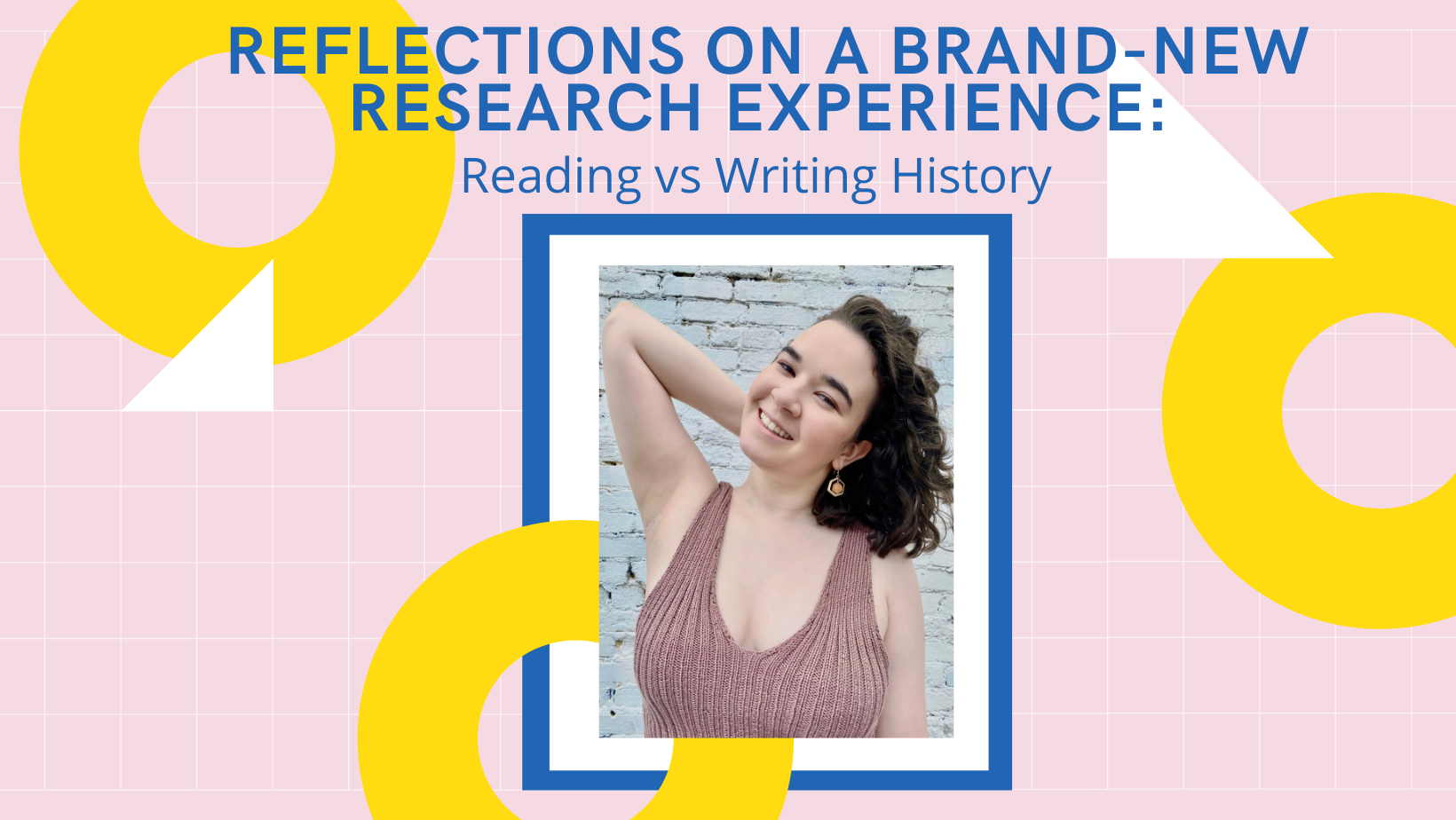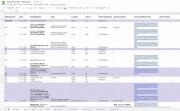Hello! My name is Megan Ortman (she/her) and I am a junior double majoring in Music and History. As an alumna of WLP (2019-2020), this summer I’ve had the amazing opportunity to be an Archival Research Intern, funded by the Kimberly & Rob Humphries award. For all of these things, I feel truly honored. Now that my fellow intern Francis Cuadros Bloch and I are almost done with this research project, I stop to reflect on what I’ve learned so far.
So what have Francis and I been up to all summer, you may ask? For one thing, it’s been largely driven by us, and, for better or worse, we’ve had the opportunity to get creative in how we structure the project.
On a Tuesday morning at the beginning of June, we met with Professors Buckley and Heller to learn about the scope of the project and gain access to the interlocking Google folders holding 21 years of WLP history. Let’s just say the folders weren’t the most neat I’d ever seen. And just like that, our mentors sent us on our way with a “see you in three weeks!” and almost no guidance regarding what to do until then. As a self-proclaimed Type-A person, I felt unsteady without some sort of checklist to measure our progress. Francis and I scheduled a call for the next day with the same questions ringing through our heads: What is this? And what do we do now?
After diving into the myriad spreadsheet-schedules listing information from symposia past, we finally started to feel like we understood what we were dealing with: a gigantic pile of messy, mismatched, and sometimes inconsistent raw data, and it was our job to tackle, or rather, tame it all. As we began building our spreadsheet archive, we chose which aspects of a given event to spotlight and which ones were not completely relevant. As the sheet grew in complexity, we found we needed new ways to split and view the data, and I got to learn some fancy new tricks in Google Sheets to help crunch the data further. Until then, I thought I was cool by knowing how to insert a checkbox, but if you ask me today about drop-down menus and filter functions I’ll talk your ear off for a good five minutes or more.
As our beloved spreadsheet grew in complexity, I kept certain goals in the back of my mind. Data organization and formatting can be personal, and not knowing how one person’s brain works can render their system enigmatic to the next. As Francis and I built our structure to hold WLP’s history, I wanted to make sure that it was intuitive, user-friendly, and most importantly, expandable. We structured the data in a way where it could be broken up by semester, school year, cohort, and event type, and are now working on adding tangential information about the incredible symposia speakers themselves. This by itself has fascinated me, and I have loved getting to know the women that have come time and again to inspire WLPers across time.
Going in, I imagined my experience in the History Department, with its near-constant research paper reading and writing, would help inform my experience with this project. But I was certainly wrong. When designing my own research projects in the history department, I don’t necessarily start with my argument. I may know what my topic may be, but it is not until I spend time with the documents themselves that a narrative emerges, some through-line that connects the literary dots in time, regardless of how far apart they may be. However, I could tell from the beginning that this research project would be another task entirely. Only after weeks of organizing data and shuffling information around our (dare I say) expertly designed spreadsheets did I realize what made it feel different. I’m on the other side of the story: I’m not tasked with finding themes of meaning in documents past; I’m helping to compile those documents. Together, Francis and I are packaging the data in a way that can be referenced, replicated, and researched in the future.
Another important difference between this project and my previous historical research is that WLP’s history is not yet over. By building the foundations of this archive, my hope is that it will continue to capture all the exciting events in years to come and will serve as a touchstone to those who seek to learn how WLP shaped countless leaders’ lives. As the Archival Research Intern, all I can say is how excited I am to begin this process of capturing WLP’s history for the leaders that come after me.



